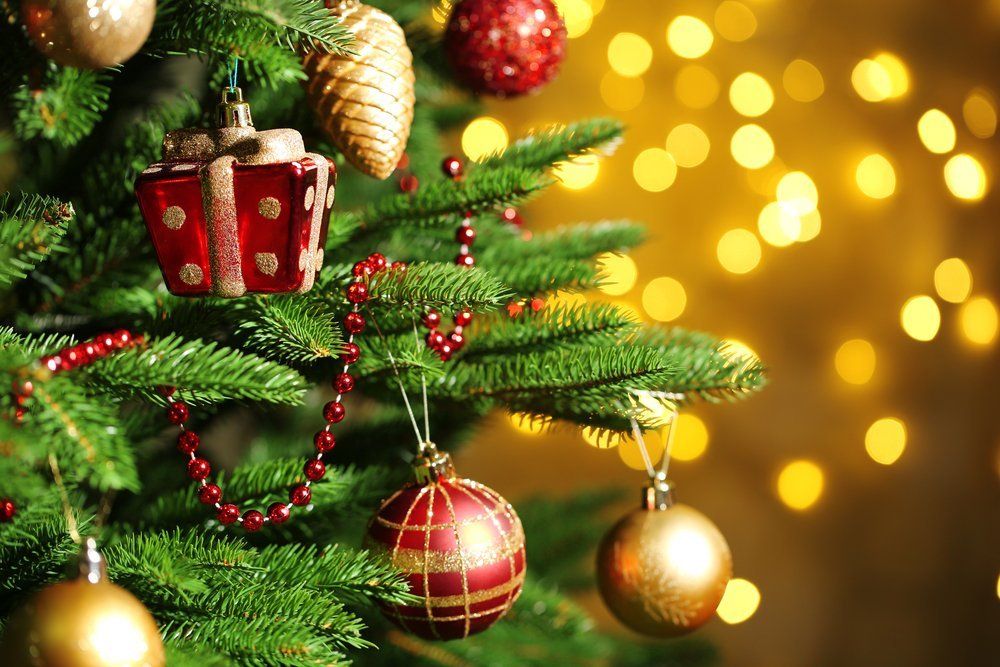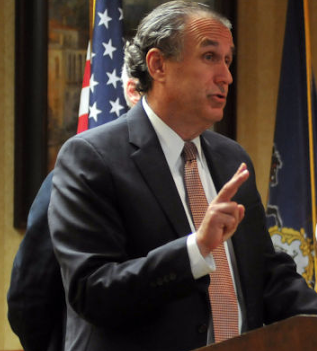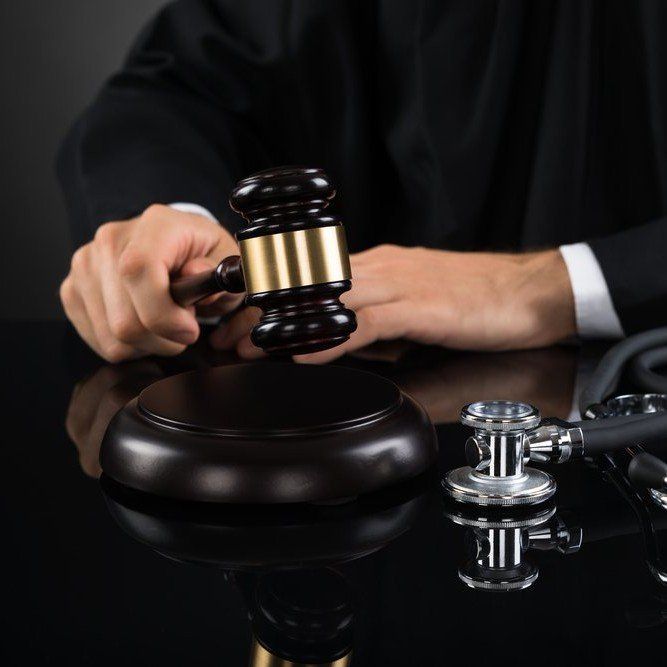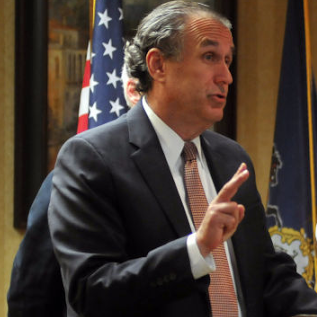While Christmas trees bring a touch of joy and merriment to the holiday season, they also pose an increased risk of house fires if they are not handled properly. Christmas trees are blamed for hundreds of fires each year. The United States Fire Administration states that Christmas tree fires tend to be more dangerous than normal fires, with 1 out of every 32 Christmas tree fires resulting in death, as opposed to the average one death per 143 in non-Christmas tree related home fires.
You can help to stay safe from personal injury this holiday season and prevent a Christmas tree fire by following these six tips.
1. Purchase a Fresh, Green Tree
If you are buying a live Christmas tree this year, make sure to pick one that is fresh. Check the tree to be sure all of the needles are green. Brown needles and needles that fall off the tree when touched are signs the tree is dying and not getting enough moisture. Fresh, green Christmas trees have more moisture and are less likely to catch fire.
2. Make Sure to Place Your Tree Away From Any Hazards
Where you place your Christmas tree is often determined by where it looks best in your living room. However, you can reduce the risk of fire by placing the tree at a safe distance away from fire-hazards.
Between 2011 to 2015, more than 25% of Christmas tree fires and 80% of Christmas tree fires resulting in death were caused by a Christmas tree that was too close to heating equipment. That is why the National Fire Protection Association recommends placing your tree at least three feet away from any heat sources, such as fireplaces, radiators, candles and heating vents. You should also make sure to keep your tree away from candles. According to the most recent statistics from the US Fire Administration, two out of every five fires involving Christmas decorations were started by candles.
3. Keep Your Tree from Drying Out
Keeping your Christmas tree watered will extend the tree’s life and make it more resistant to catching fire. The US Fire Administration recommends checking and watering your Christmas tree every day to make sure the tree does not dry out.
4. Make Sure to Check Your Christmas Tree Lights for Defects
The National Fire Protection Association reports that the leading cause of Christmas tree fires is faulty electrical distribution or lighting equipment. This includes decorative lights, faulty wiring and overloaded plugs and cords.
Check your old lights and make sure none of the bulbs are burned out. If they are, make sure you replace them with working bulbs. If sections of the light simply will not work even after replacing the bulb, do not use them. This could be a sign of problems with the internal wiring. You should also check to make sure the wires are not frayed or exposed in any way.
Of course, even if there are no problems with your Christmas tree lights, you should always make sure not to leave them on when you are asleep or away from home.
5. Throw Away the Tree When It Starts to Die and Dry Out
Many people tend to hold onto their Christmas trees long after Christmas into the early weeks of January. According to the National Fire Protection Association, 37% of Christmas tree fires actually occur in January.
Once your tree begins to die, you will not be able to keep it moist. Dry trees catch fire much easier than fresh, green trees. If you’ve had your tree for a while, make sure to check the tree regularly for brown spots and needles that fall off the tree when you touch them. This is a sign the tree is no longer taking in water and needs to be thrown out.
6. Take Steps to Keep Your Tree from Falling Over
Christmas trees may also catch fire or harm family members if they are caused to fall over. If you have dogs or cats, make sure to keep them away from the tree. If you hang edible ornaments on your tree, like candy canes, avoid placing them near the bottom of the tree where small children can grab and pull at them.
Of course, it is not always possible to keep your pets and children away from the tree. Make sure to use a large, sturdy tree stand that will not tip over easily. If possible, try to anchor the tree to a wall or ceiling. This can be accomplished by placing flat weights near the wall and tying them to the tree. Alternatively, you can install cup hooks on the walls on either side of the tree or the ceiling above the center of the tree. Once installed, the tree can be fastened to the cup hooks using clear fishing line.
All of us at the Law Office of Alvin F. de Levie wish you and your families a happy and safe holiday season.
At the Law Office of Alvin F. de Levie, Esq., we have years of experience handling cases for those who have suffered catastrophic injuries as a result of fires throughout the Commonwealth. We have handled cases from Philadelphia and the surrounding counties to Allegheny County, including Blair County, Centre County, Lycoming County, Montour County, Mifflin County, Cambria County, Cumberland County and Dauphin County. If you have suffered an injury as a result of a fire, please call our firm – 24 hours a day, 7 days a week – at 844-777-2529 (Toll-Free) for a consultation. One of our team members will be in immediate contact with you. We maintain offices throughout Pennsylvania in Philadelphia, State College, Bellefonte and Lock Haven, and we are willing to meet any clients throughout the Commonwealth.






























